Queensland election: Labor’s ‘CFMEU-tax’ costing taxpayers $1bn a year
Labor’s so-called ‘CFMEU tax’ on state-funded construction projects is costing taxpayers at least $1bn a year, according to economic analysis.
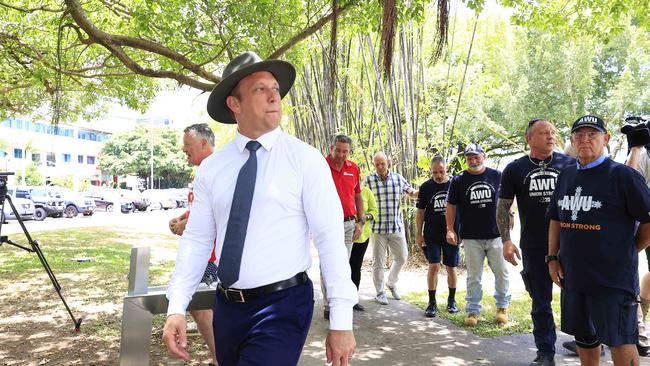
The Queensland Labor government’s so-called “CFMEU tax” on large state-funded construction projects is costing taxpayers at least $1bn a year and should be scrapped, according to new economic analysis.
Tulipwood Economics director Joe Branigan – an independent public policy economist who worked for the federal Treasury – said the government’s Best Practice Industry Conditions (BPICs) had hiked costs and driven down productivity for public projects valued at more than $100m.
BPICs force contractors tendering for major government-funded projects to negotiate agreements with unions and sets a high floor on conditions, including double pay when it rains and up to $1000 a week for workers who travel more than 50km to a site.
Mr Branigan has calculated that the cost of the mandatory BPICs, combined with other structural inefficiencies in the state’s construction centre, is at least $4.2bn over the forward estimates between this financial year and 2027-28. He said if the sector was reformed, the potential gain to the construction industry in improved productivity would be about $2.2bn annually.
The report was commissioned by the LNP-aligned Australian Institute for Progress, which is a registered third party campaigning against Labor at Saturday’s election. AIP has received $613,500 from Coal Australia since last month. AIP director Graeme Haycroft has donated $10,000 to the organisation’s state election campaign and is the founder of the Red Unions, which compete against traditional Labor-aligned unions. Another AIP director is former federal Liberal MP Jane Prentice.
Wages account for up to 30 per cent of the budget for large construction projects, Mr Branigan found, and pointed to ABS data that showed labourers who were union members were paid about 66 per cent more than their non-union counterparts.
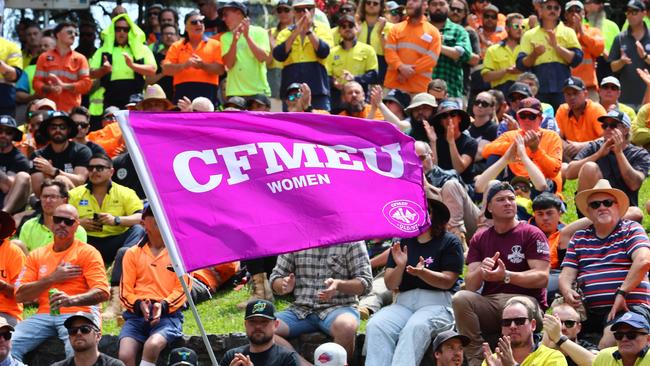
The report recommends that an incoming government scrap BPICs and replace them with a core list of general minimum requirements about safety, working conditions, and penalty rates, encourage more competition by encouraging foreign bidders to enter the Queensland market, and change housing and tax policies to encourage skilled overseas and interstate migration for construction workers.
Queensland’s latest BPIC, published by the Miles Labor government in March, sets successive 5 per cent pay increases each year until 2027 and 300 per cent loading for working on and between Christmas Day and New Year’s Day or Good Friday and Easter Monday. Workers using their own mobile phone are be paid a “technology allowance” of $100 a week and all work ceases if temperatures reach 35C, or 29C and 75 per cent humidity in southeast Queensland. They also receive 26 rostered days off a year, on top of public holidays.
The building industry has warned that the Labor policy is forcing up construction costs between 10 and 20 per cent, and means the industry is “delivery far less for far more”.
Campaigning in Cairns on Monday, Premier Steven Miles said there was “no evidence” of BPICs pushing up construction costs in Brisbane. “That’s because the conditions included in our BPICs represent the EBA conditions negotiated with private industry,” Mr Miles said. “So the wages included in them are the EBA wages. Most CBD construction are EBA jobs, so there isn’t a differential on wages.”
Queensland’s capital spend per capita is expected to overtake that of NSW and Victoria this financial year, with major housing, Olympic, renewable energy, transport and hospital building projects all competing for workers.
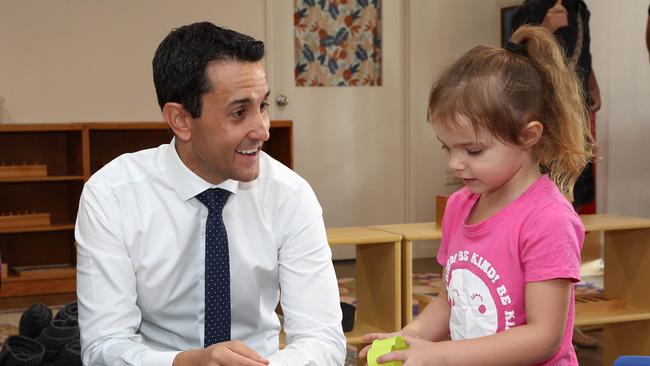
Opposition Leader David Crisafulli has vowed to overhaul BPICs if his Liberal National Party is elected on Saturday and will order a reinstated Productivity Commission to conduct an immediate review. But Mr Crisafulli would not be drawn on which elements of the BPICs should be scrapped to control cost blow outs on major projects.

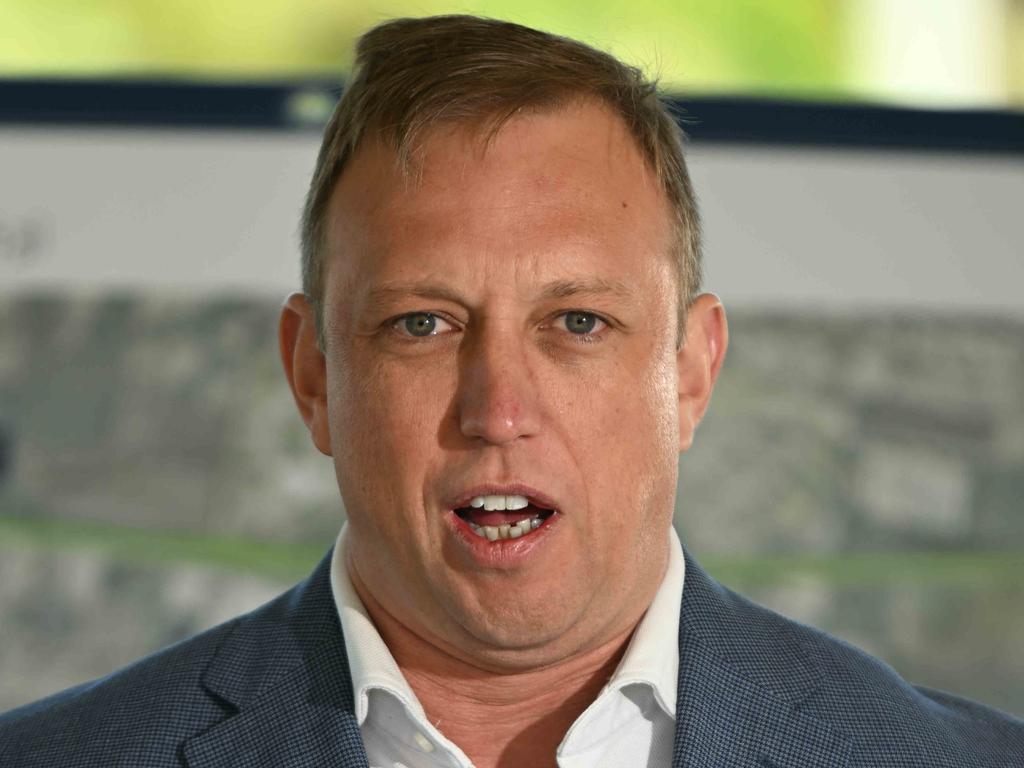
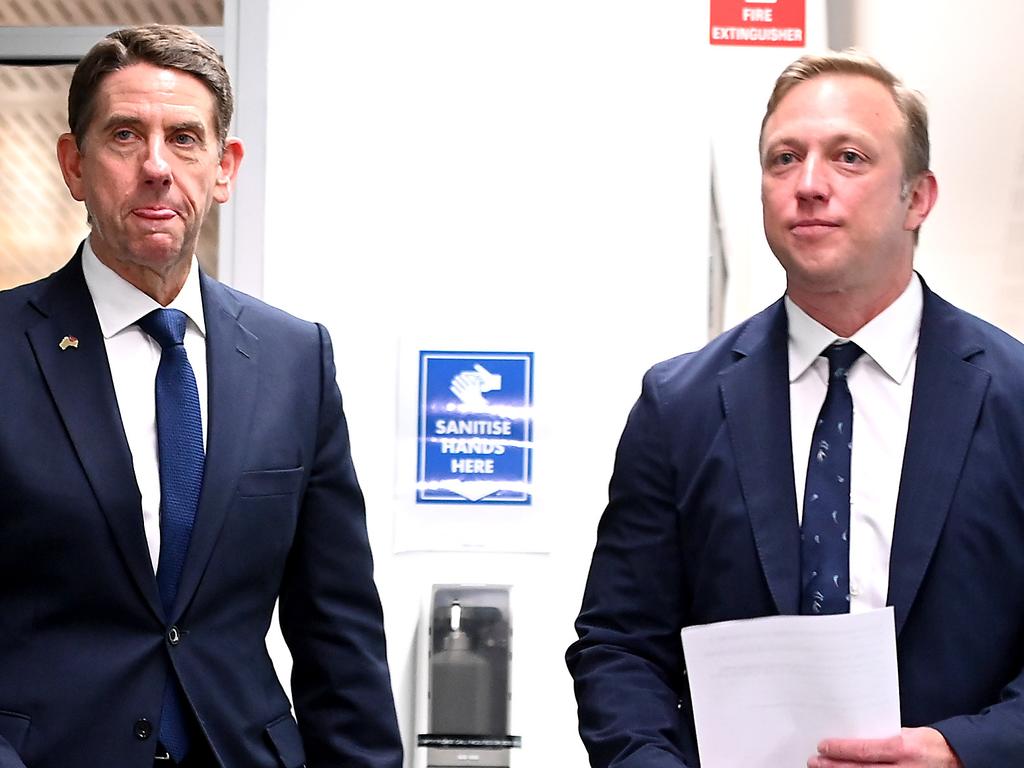

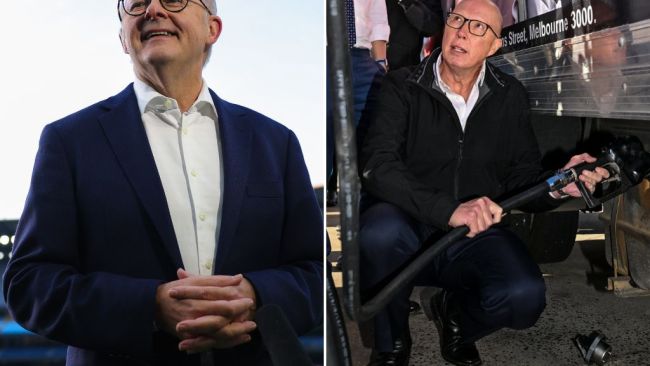
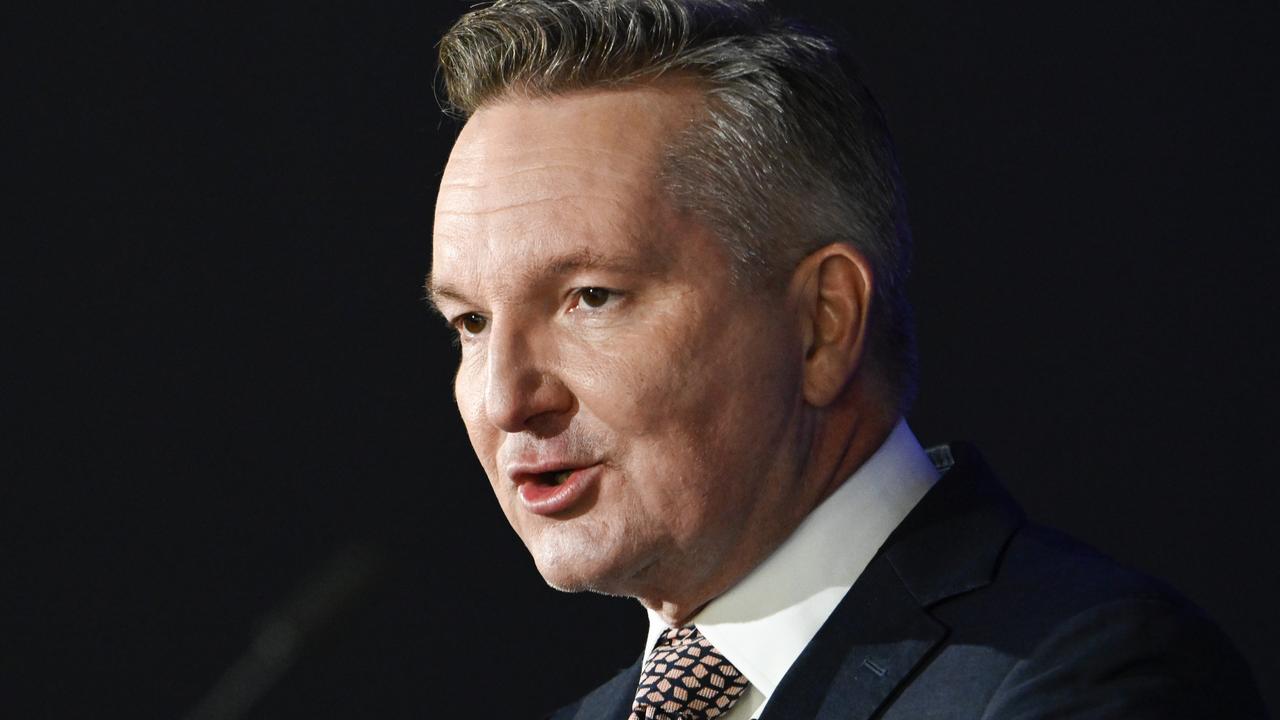
To join the conversation, please log in. Don't have an account? Register
Join the conversation, you are commenting as Logout